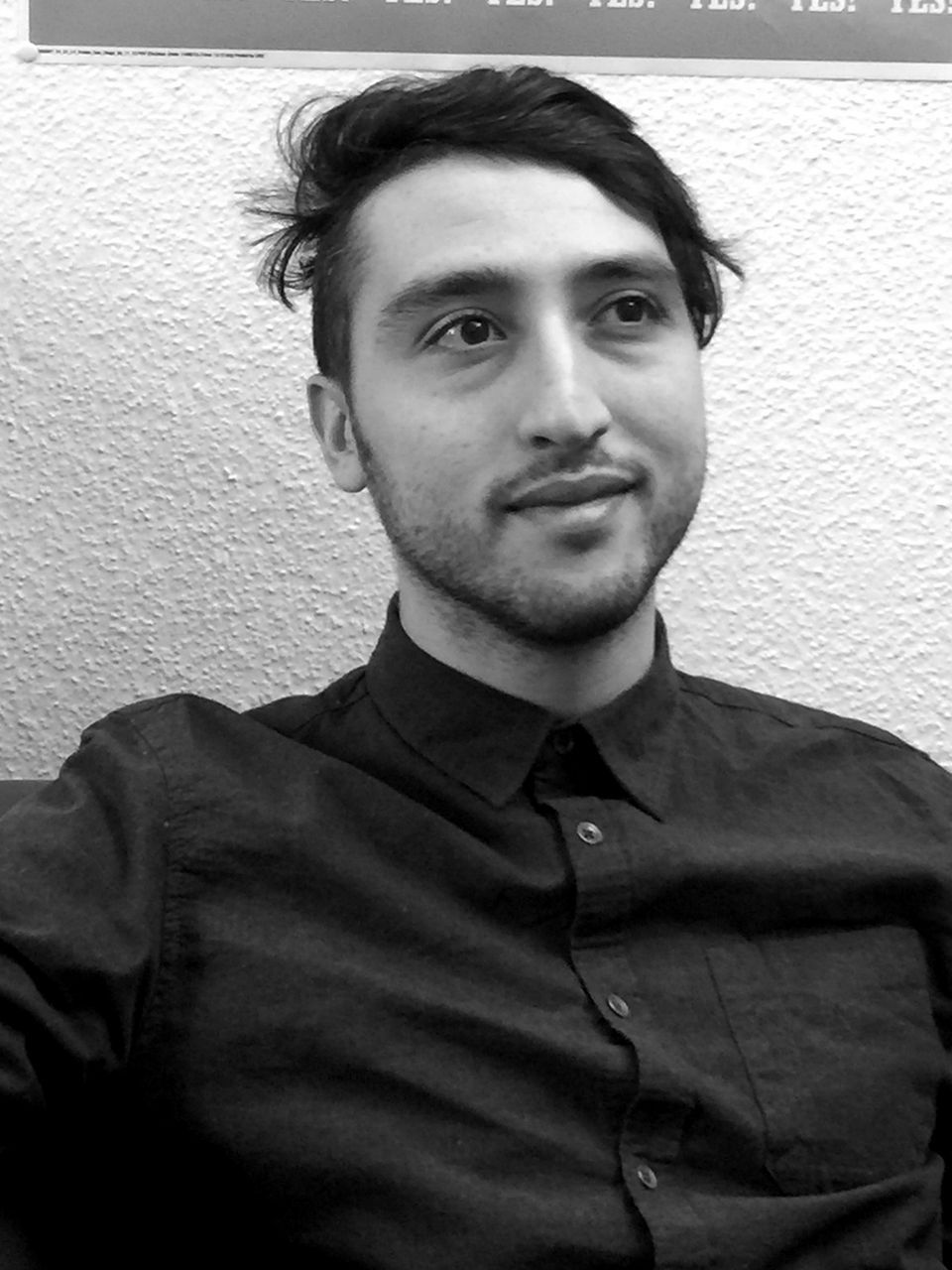A Day in the Life of a Neuroethicist: Marcello Ienca
- Neuroethics Today

- Oct 15, 2020
- 4 min read
Updated: May 24, 2021
Marcello Ienca is a senior researcher fellow at the Health Ethics & Policy Lab at ETH Zurich, the former Student/Postdoc representative to the Board of Directors of the International Neuroethics Society, an expert member of the OECD Steering Group on Neurotechnology, and an expert advisor to the Council of Europe's Ad Hoc Committee on Artificial Intelligence.
1. What’s the first thing you do when you get to work in the morning?
I cycle to work every single day of the year. Therefore, the first thing I do is parking my bike and putting my helmet in the wardrobe. After that I get my cup of coffee and I check my schedule for the day. I'm an early bird kind of person so I usually start my day very early in the morning.

2. What’s your work routine like?
I try not to have a real routine because it is proven that it can kill creativity. And I believe that the work of a neuroethicist requires a certain degree of creativity, or at least intellectual plasticity. However, there are often days when the agenda is full and you run from one meeting to another. Nonetheless, I think it is important to reserve a certain portion of your time for deep concentration, especially when you are writing.
3. Are you involved in the theoretical, investigative, or the practical/translational aspect of neuroethics? Describe your research area briefly.
I try to work on all three levels. A good part of my research is in philosophical neuroethics, where I deal with theoretical issues--both analytical and normative ethics. Another substantial part of my work, is empirical and uses social science methods such as surveys and qualitative interviews to acquire new knowledge on which I can base my theoretical analysis. In parallel, I work collaboratively with neuroengineers and neuroscientists to incorporate ethical considerations into the design of new neurotechnologies. Finally, I collaborate with international organizations such as the OECD and the Council of Europe to ensure ethically sound and science-based governance in the field of neurotechnology.
4. What’s a challenge that you face on a daily basis as a neuroethicist?
Doing intermediation work between various disciplines, especially between philosophy, neuroscience, social sciences, engineering and computer science. Almost always this intermediation work is fascinating and intellectually stimulating. Other times, however, it is difficult, especially if there is no common lingua franca. The risk is that you won't feel at home anywhere.
5. How do you determine what questions deserve the most focus and attention in your work?
I prioritize those questions that can help improve knowledge and solve problems, where by problems I mean both conceptual and practical ones.
6. What do you wish more people understood about being a neuroethicist? Whether it be from a schooling, interest, or day-in-the-life point of view? Describe neuroethics in your own words.
I have a very broad and inclusive view of neuroethics that includes both the study of the ethical implications of neuroscience and the study of the neurobiological basis of morality. From the point of view of academic taxonomy I tend to think that neuroethics, in the first sense described above, is a subdiscipline of bioethics. However, neuroethics has some distinctive features in my view: first of all a much more complex philosophical basis, due to the obvious link with the philosophy of mind. Moreover, it also has a strong link with computer science, especially with artificial intelligence, since both historically and lexically artificial intelligence has developed by analogy with human cognition.
7. What skills or training do you most frequently use in your work and how do you suggest more people gain these skills if they want to contribute to the field?
If I had to name three skills I would say: basic knowledge of neuroscience, basic knowledge of ethics and, above all, logical rigor of reasoning.
8. What do you love most about your work? What keeps you motivated?
Intellectual curiosity and a thirst for justice. Ancient Greek philosophers were very aware of these two enablers of knowledge. Plato makes Socrates say in the Theaetetus that "philosophy begins in wonder". And Aristotle famously argued that "It is in justice that the ordering of society is centered."
9. What’s one thing you wished you did differently in your career trajectory?
I wish I had realized earlier that academia is a system of power characterized by structural injustices. Ah... and I wish emails never existed.
10. What’s one thing you could advice the next generation of neuroethicists?
Follow logic, science and moral responsibility. Even if our current society seems to go in the opposite direction.
11. What’s the last thing you do when you leave work in the evening?
I turn off my computer and I get on my bike. If the whether allows it, I go for a swim in Lake Zurich.
This post is part of the Neuroethics Today blog series 'A Day in the Life of a Neuroethicist' where we bring you answers to questions by junior and senior neuroethicists about a day in their life to give you a better idea of what neuroethicists do, what have they learned throughout their trajectory, and ways that you can do it too.







Comments